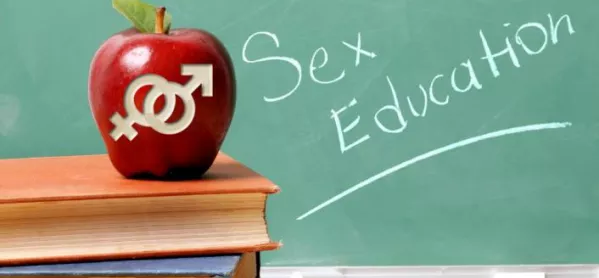Education secretary Damian Hinds has defended changes to sex education after MPs accused him of "a fundamental shift of power to the state" by allowing headteachers to overrule parents who want to remove children from lessons.
A number of Conservative backbenchers challenged him on this aspect of the new policies, as he unveiled the changes in the Commons.
Quick read: New guidance on relationships and sex education unveiled
Quick read: Calls grow for schools to teach lessons on porn
Sir Edward Leigh said: "All previous Conservative governments have given an untrammelled right to parents to remove their children from sex education. But here, in certain circumstances, that right has been transferred to the headteacher – a fundamental shift of power to the state."
The new guidelines state that if a parent wished to withdraw their child from sex education, they could still do so, but only if the child was younger than 15 – and in "exceptional circumstances" that request could be denied.
Mr Hinds said he expected schools would "respect the parents' request", but that was not enough to convince several MPs, with Matthew Offord, MP for Hendon, saying there were "huge amounts of concern in his constituency".
He said some in the chamber "feel that the state knows better than parents", but added: "The last time I looked, the Conservative Party believed in freedom of choice to decide your own future."
And Tory grandee Julian Lewis, chair of the Defence Select Committee, took issue with the phrase "exceptional circumstances" being written into the plans, asking on what grounds "would a headteacher overrule a parent", suggesting that if that were to happen, more parents would take their children out of school.
The comments came after Mr Hinds said that it was "difficult to codify what constitutes exceptional circumstances".
He replied to Dr Lewis that the "long-standing right to withdraw children from sex education" would remain, but added that it was "a right to request", and that children should be able to "have some sex education for at least a term before they reach the age of consent" if they chose to.
Steve Double, Conservative member for St Austell and Newquay, asked the minister: "Can he just reassure the House that there is no intention whatsoever in these guidelines to usurp or undermine the right and responsibility of parents to educate their children in these matters, if that is what they choose to do?"
The education secretary said he could indeed confirm that, adding schools were there to "complement what parents do".
His colleague Philip Hollobone, MP for Kettering, wanted the right to withdraw pupils by parents extended to the new lessons on relationships, as well as those on sex.
But Mr Hinds rebuffed him, saying "it is important that every child has the right to learn about and to discuss the different types of relationships there are in the world".
He added that the new curriculum "does not refer to intimate relationships – it starts with sharing and taking turns", as well as "permission and consent".




